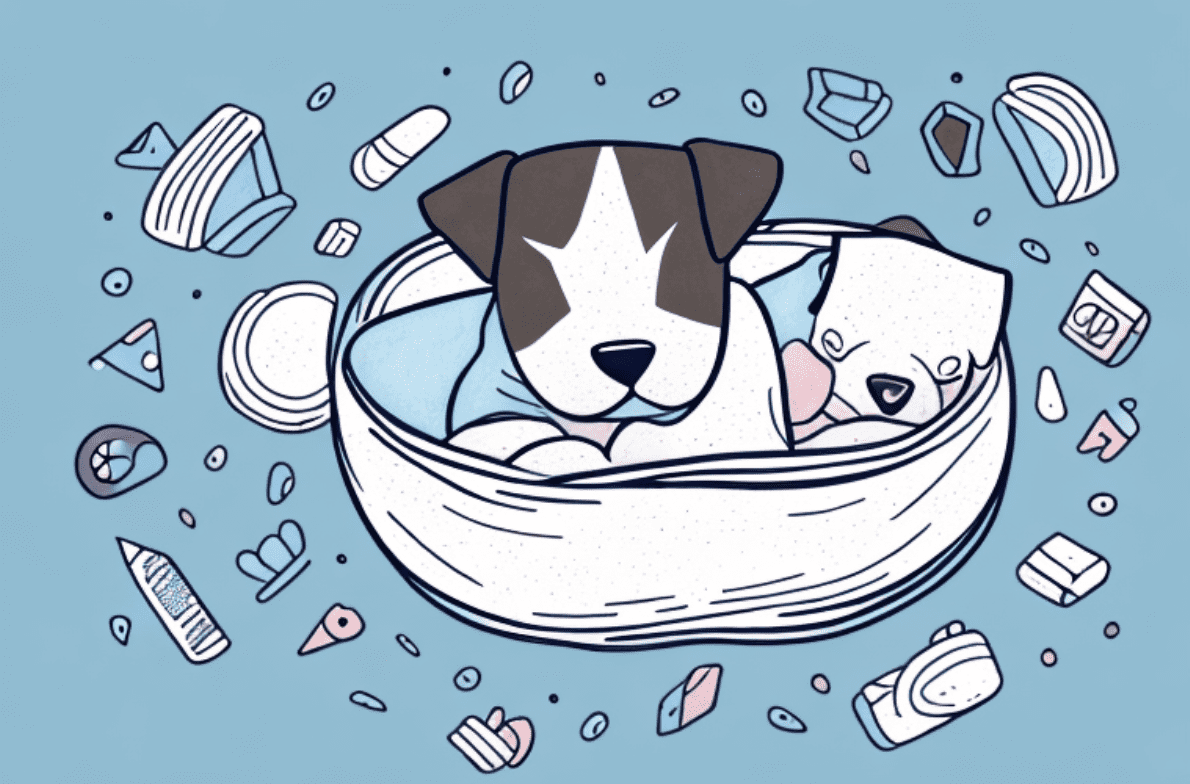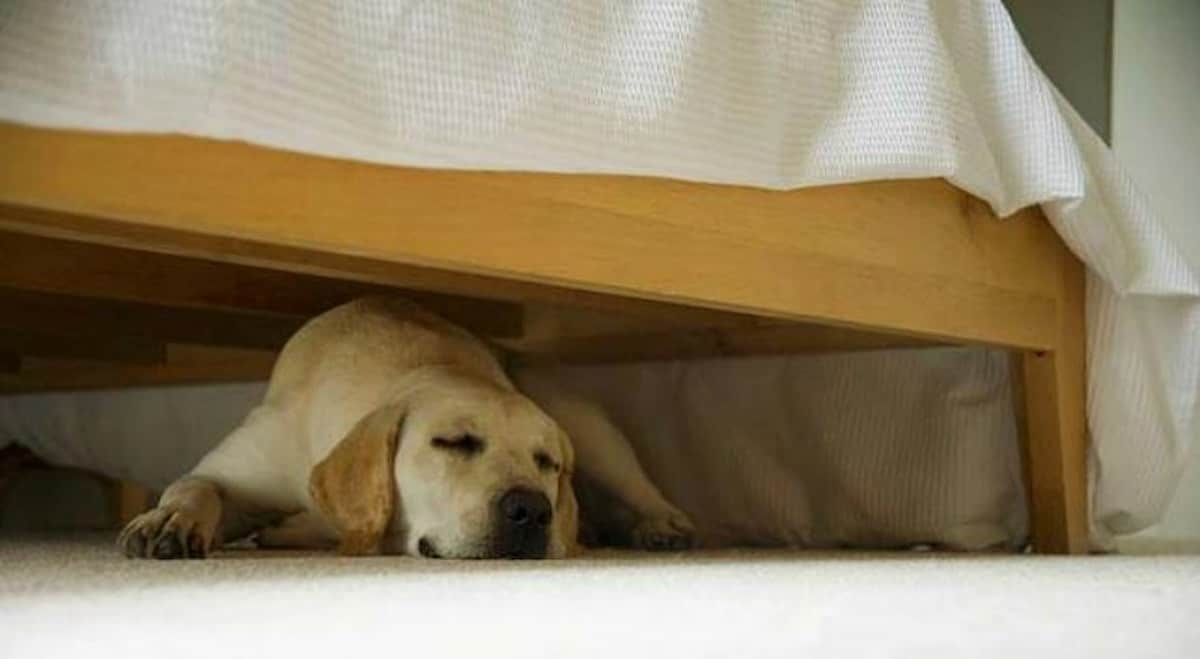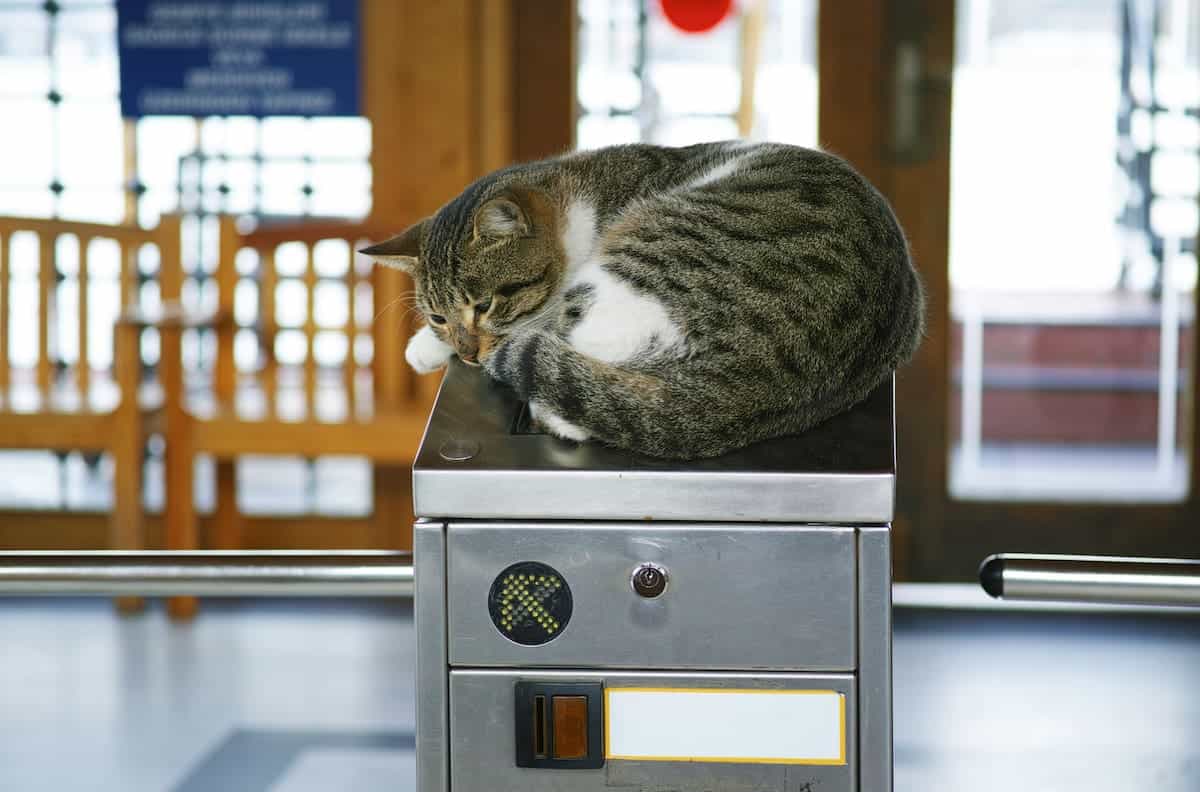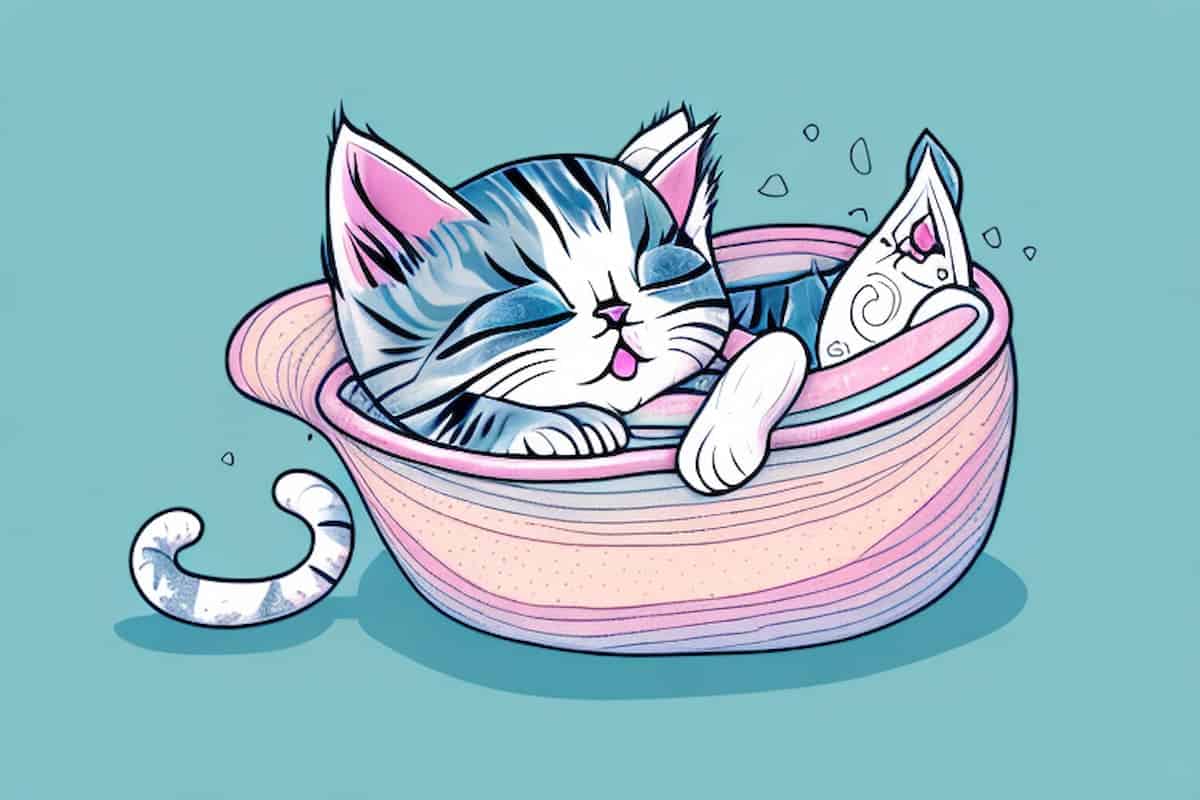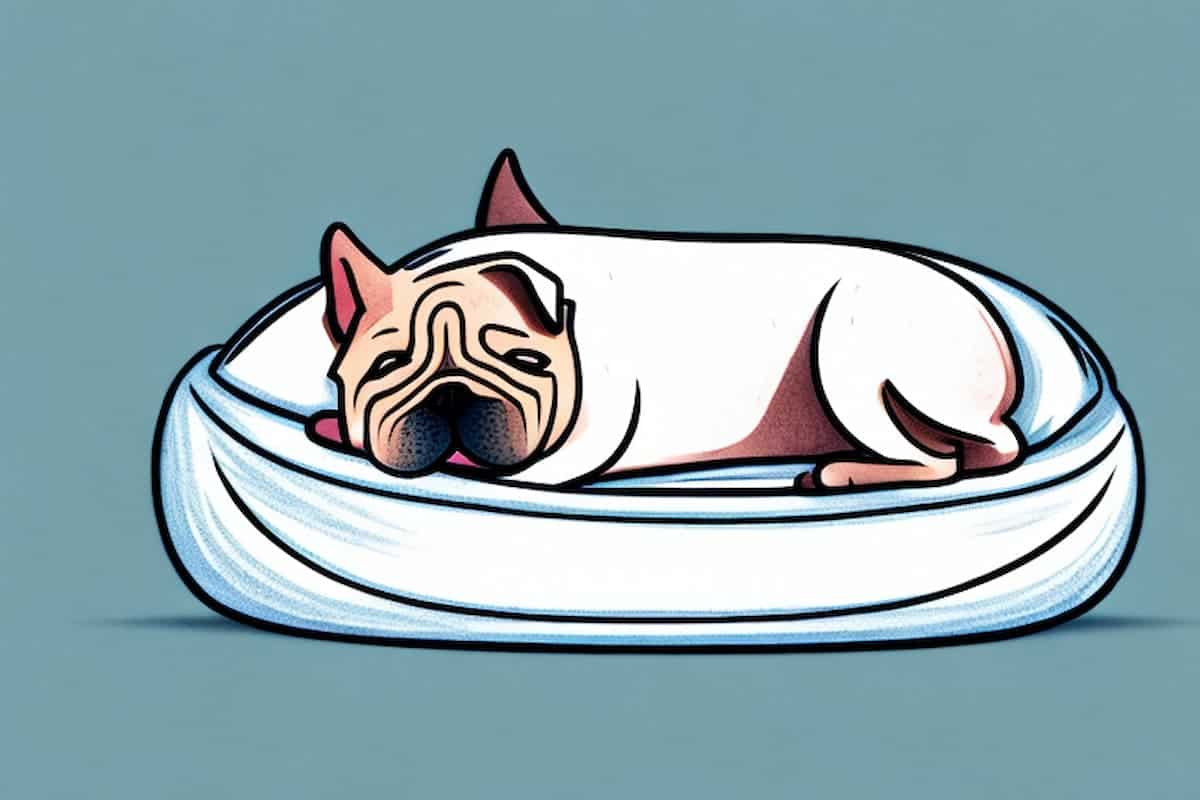If you own a puppy, you may have noticed that they spend a lot more time sleeping than adult dogs. Whether they are taking afternoon naps or snoozing away the night, it can seem like your puppy is always asleep. But what causes this seemingly endless cycle of sleep? What does all of this sleep do for your pup? And how can you ensure that your puppy is getting the proper amount of sleep? We will answer all of these questions and more below in our exploration of puppy sleep habits.
The Science Behind Puppy Sleep Habits
Just like with humans, dogs need sleep to rest and refresh their minds. No matter their age, dogs will typically spend around 12 to 14 hours sleeping each day. Puppies, however, may need even more than this amount. Not only do puppies need to sleep more because of their age, but they need more sleep because their bodies are growing so rapidly.
But while they may be sleeping a lot, puppies aren’t quite like us when it comes to how they sleep. Puppies tend to doze off and wake up much more frequently than adult dogs. While adult dogs usually sleep soundly for longer periods of time, puppies may take multiple naps throughout the day and night. This frequent waking and dozing is important in helping puppies strengthen their physical and mental development.
Puppies also tend to sleep in shorter bursts than adult dogs. While adult dogs may sleep for up to 8 hours at a time, puppies may only sleep for a few hours at a time. This is because puppies are still learning and developing, and they need to be awake to take in new information and experiences. Additionally, puppies may wake up more often during the night than adult dogs, as they may need to go to the bathroom more frequently.
How Much Sleep Do Puppies Need?
While adults are recommended to get at least 7 hours of sleep per night, puppies may need up to 20 hours of sleep a day. Depending on age, breed and activity level, puppies can need anywhere from 18 to 20 hours of sleep a day. This means they may be spending most of their day snoozing. It is also important to note that puppies’ sleeping schedules may vary as they grow older. As puppies reach maturity, they should eventually settle into an adult-like sleeping pattern.
It is important to ensure that puppies have a comfortable and safe sleeping environment. This means providing them with a soft bed or blanket, and making sure the temperature is comfortable. Puppies should also have access to fresh water at all times, and should not be left alone for extended periods of time. With the right environment and care, puppies can get the rest they need to grow and develop properly.
The Effects of Too Little or Too Much Sleep
While some puppies naturally have higher energy levels, it is important for them to get enough sleep. Not enough rest can leave your puppy feeling sluggish and uninterested in activities. Too much sleep (over 20 hours a day) can also have a negative effect on your pup, particularly if it is becoming disruptive in their lifestyle.
Overtired puppies may become cranky and short-tempered, and can also have difficulty concentrating. In some cases, it may even lead to anxiety, or make them more prone to sickness and injury. Ensuring your puppy gets enough sleep (but not too much) is one of the best things you can do for their physical and emotional development.
How to Establish a Healthy Sleeping Schedule for Your Puppy
Unfortunately, you can’t just let your puppy sleep as much as they want, as it might lead to too much sleep. In order to make sure that your puppy gets the right amount of sleep each day, it is important to create a regular schedule. To set up a healthy sleeping schedule, make sure to avoid over-stimulating activities before bedtime, and maintain regular feeding times.
Also, set up dedicated napping times throughout the day – making sure not to wake your pup earlier than necessary. And don’t forget to establish a regular bedtime for nighttime. Creating consistency in your pup’s sleeping routine will help your pup stay healthy and happy.
Tips for Helping Your Puppy Get Quality Rest
Since puppies are prone to frequent napping, it is important for them to have a comfortable and relaxing sleeping environment. Make sure your pup’s sleeping area is quiet and free from too much light and noise. Also, make sure their bedding is clean and dry – using something that’s soft and cozy. Additionally, giving your pup a nice chew toy to cuddle up with can help promote better rest.
Ways to Promote Healthy Sleeping Habits in Your Puppy
In addition to creating a comfortable sleeping area and establishing a daily routine, there are many other things you can do to promote healthy sleeping habits in your puppy. For starters, try providing plenty of exercise during the day – this will help your pup expend energy so they feel ready for rest during their down time.
Also, keeping the temperature comfortable and avoiding large meals within an hour of bedtime can help ensure that your pup gets quality sleep. Additionally, try adding calming scents or herbs (such as lavender, chamomile or valerian root) to your pup’s sleeping space for an added element of relaxation.
What to Do if Your Puppy is Having Trouble Sleeping
Puppies that struggle with insomnia may need extra attention from their owner. If your puppy is having trouble falling asleep or staying asleep, be sure to discuss it with your veterinarian. Your vet may be able to check for any underlying health problems that could be causing the issue.
In the meantime, try adjusting your pup’s routine or environment if possible—adding more exercise or introducing more calming elements into their sleeping space. If the issue persists even after making adjustments, discussing a medication regimen with your vet may be necessary.
At the end of the day, understanding why puppies sleep so much and helping them settle into a healthy routine is beneficial for both you and your pup. Knowing how much they should be sleeping, creating a consistency in their schedule, and providing them with a comfortable and calming environment will help ensure your pup gets the rest they need in order to stay happy and healthy.
